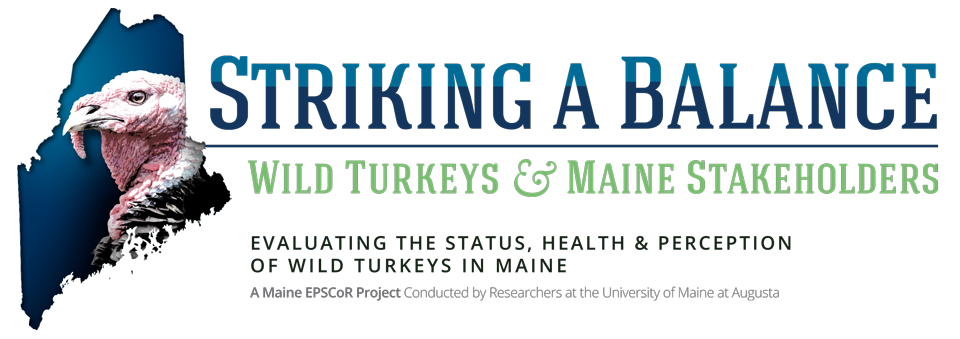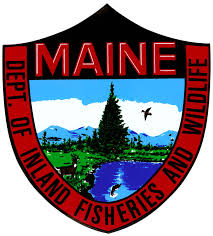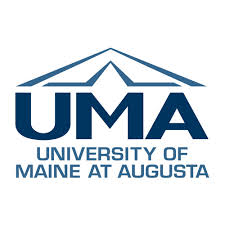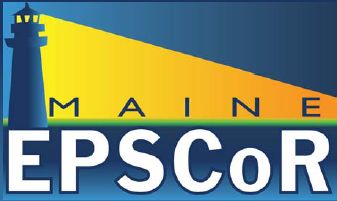Striking a Balance:
Wild Turkeys and Maine Agriculture
Once on the brink of extinction, wild turkeys are now thriving in Maine thanks to reintroduction efforts started in the 1970s. Today, more than 50,000 turkeys roam the state and the population is growing. The success of this important game species, however, may come at a price: concern is rising among some Maine farmers that wild turkeys can damage crops and spread disease.
Two recent studies have shown that wild turkeys damage blueberry crops in Maine and growers have raised concerns about economic losses. In response, lawmakers introduced a bill into the state legislature in 2010 to direct the Maine Department of Inland Fisheries and Wildlife to explore options for controlling nuisance turkeys in agricultural areas, including expanding hunting opportunities.
Another issue is the potential for wild turkeys to spread disease, particularly on farms, where they often feed on waste grain and seeds in manure in the winter. Wild turkeys can carry bacteria, viruses, and other disease-causing agents that could be transmitted to domestic poultry, livestock, and humans. Little is known, however, about which pathogens Maine wild turkeys may carry or whether or not they are actual vectors of disease.
Milligan and his colleagues are analyzing survey results from more than 320 agricultural interests around the state, and working with hunters and farmers to screen wild turkeys for pathogens. They also are collecting data on Maine wild turkey genetics to answer questions including whether some populations are genetically distinct. In addition, the researchers are preparing methods to track wild turkey populations and habitat use in Maine.
The project is a prime example of SSI’s collaborative approach to research, which always begins with stakeholders’ needs and gathers interdisciplinary teams of researchers to address them. He first learned of growers’ concerns from Maine Cooperative Extension educator Caragh Fitzgerald, who’s now a collaborator. Findings from this project will address key issues for growers and wildlife managers alike, and inform public policy decisions to support a healthy and sustainable population of wild turkeys in Maine. In the end, everyone stands to benefit.
Team Members
Peter Milligan (team leader), Joseph Szakas, Chris Lage, Catherine Turcotte, University of Maine, Augusta.
Team Collaborators
Irv Kornfield, Caragh Fitzgerald and Ann Lichtenwalner, University of Maine; Kelsey Sullivan and Brad Allen, Maine Department of Inland Fisheries and Wildlife; Kirk Shively, U.S. Department of Agriculture.




